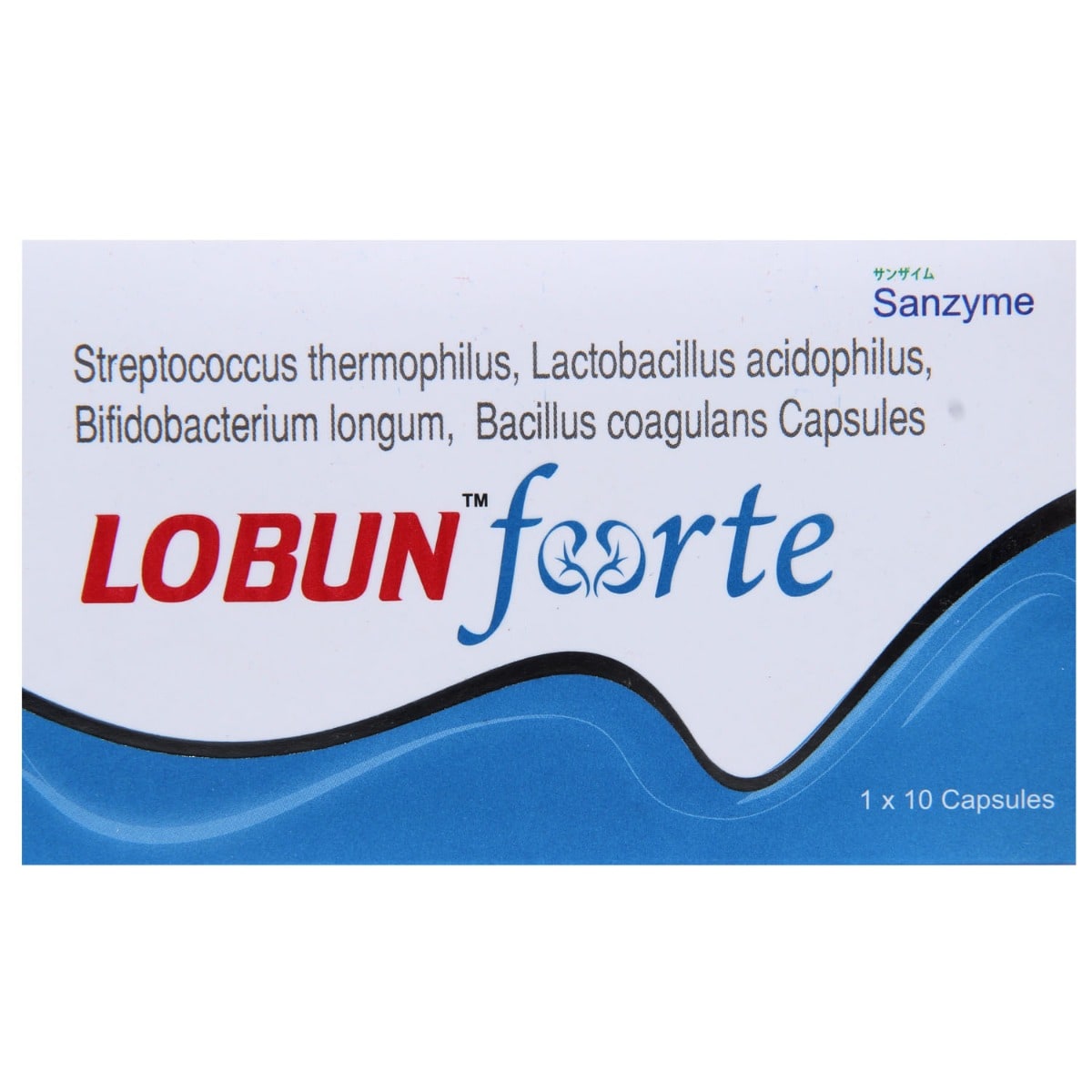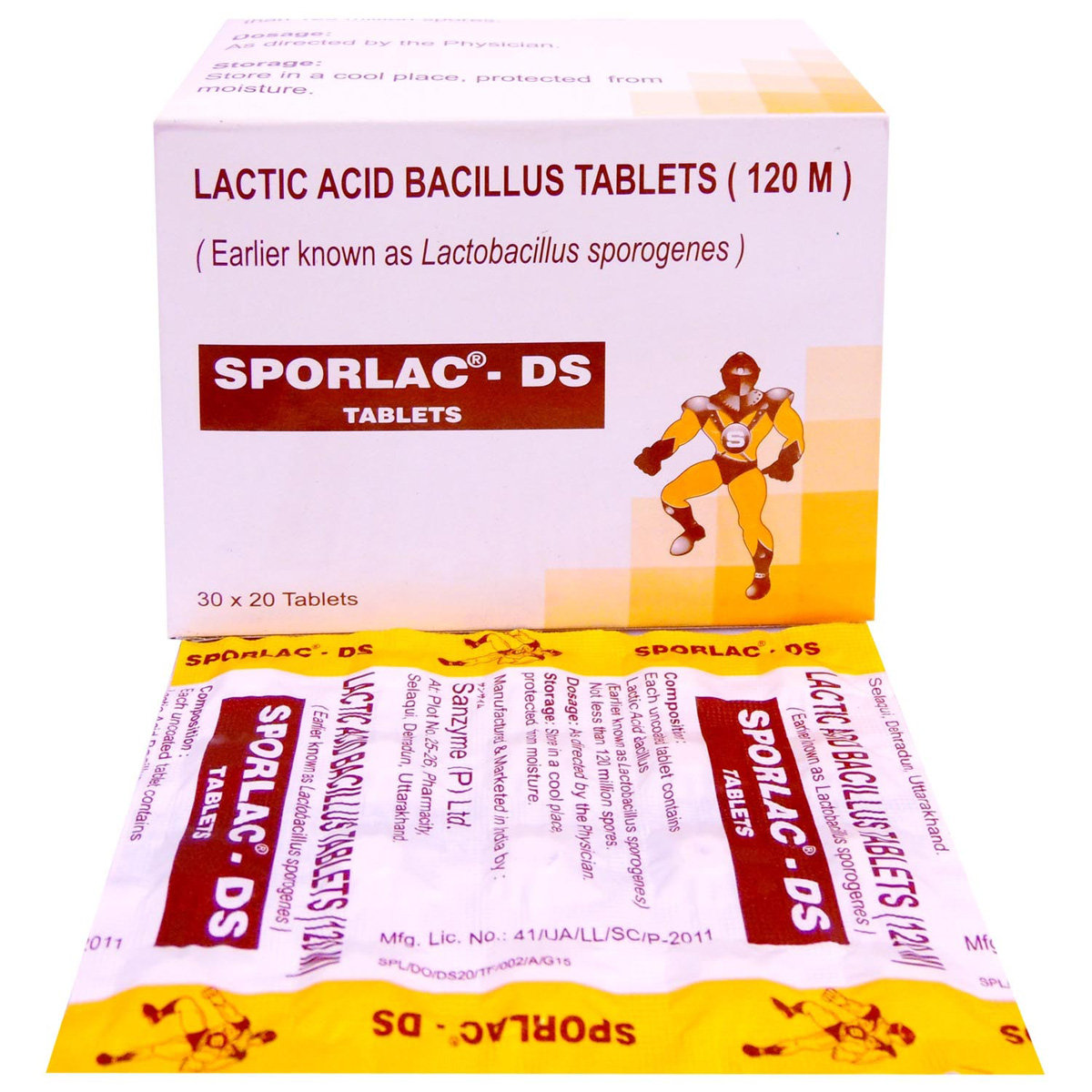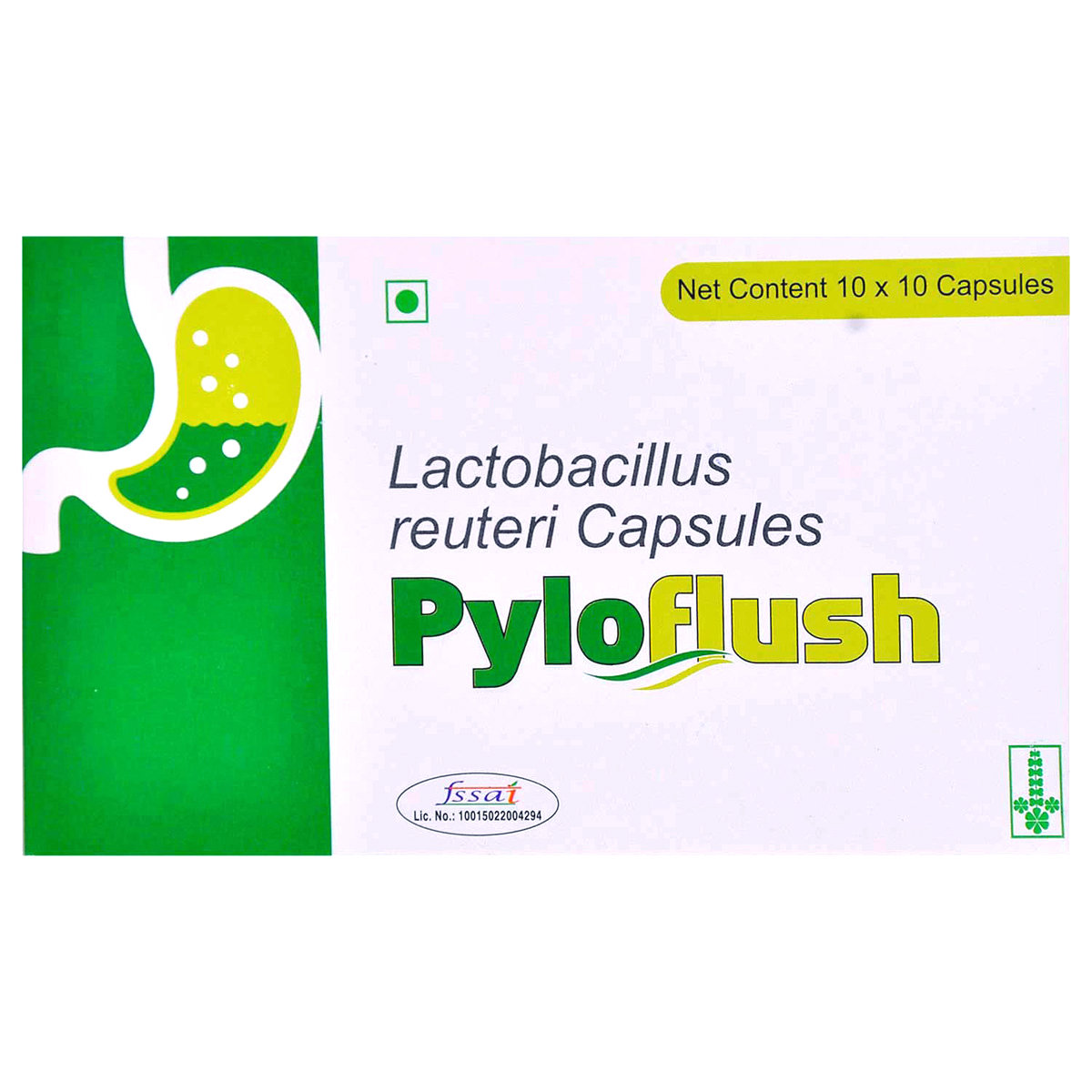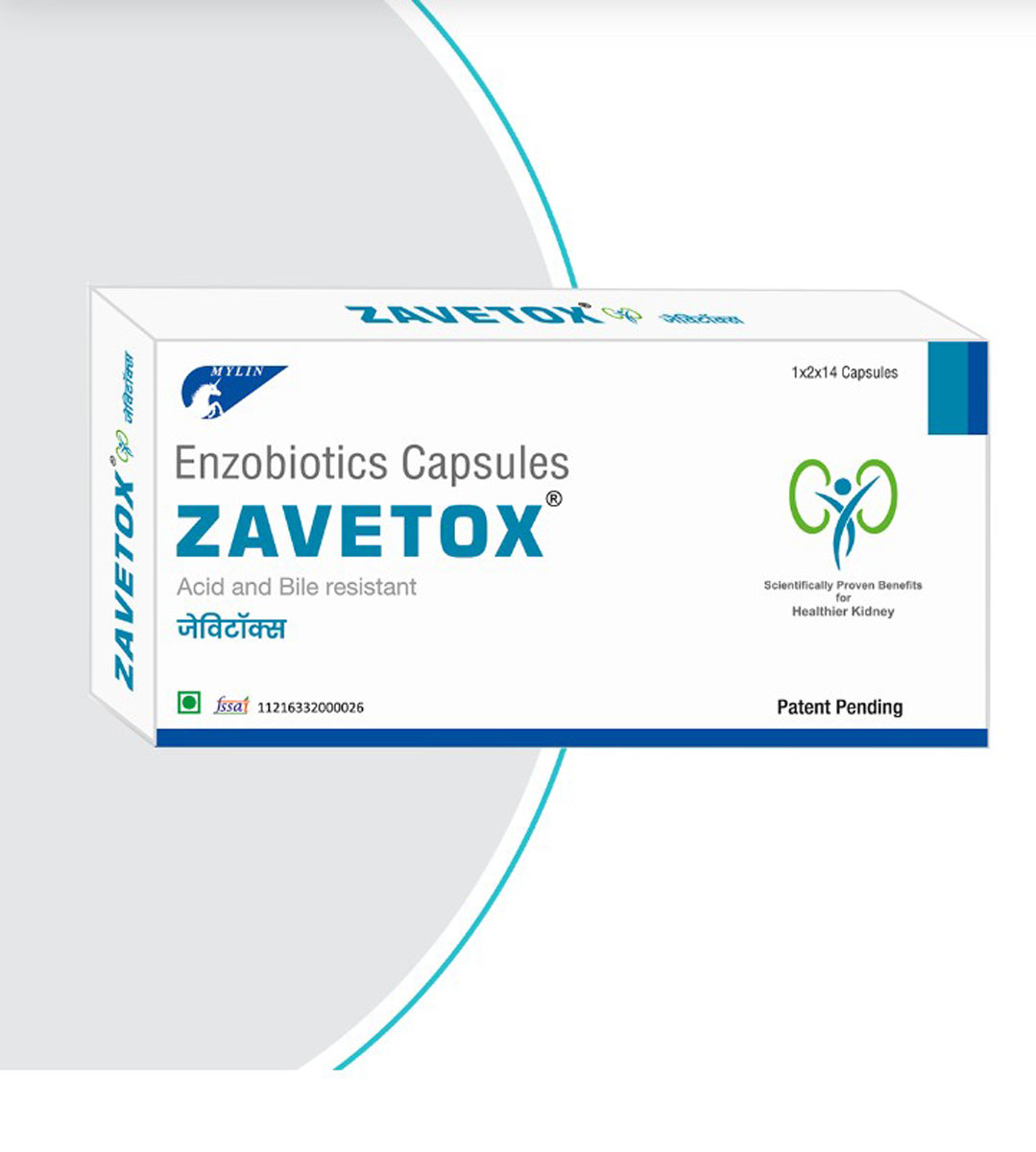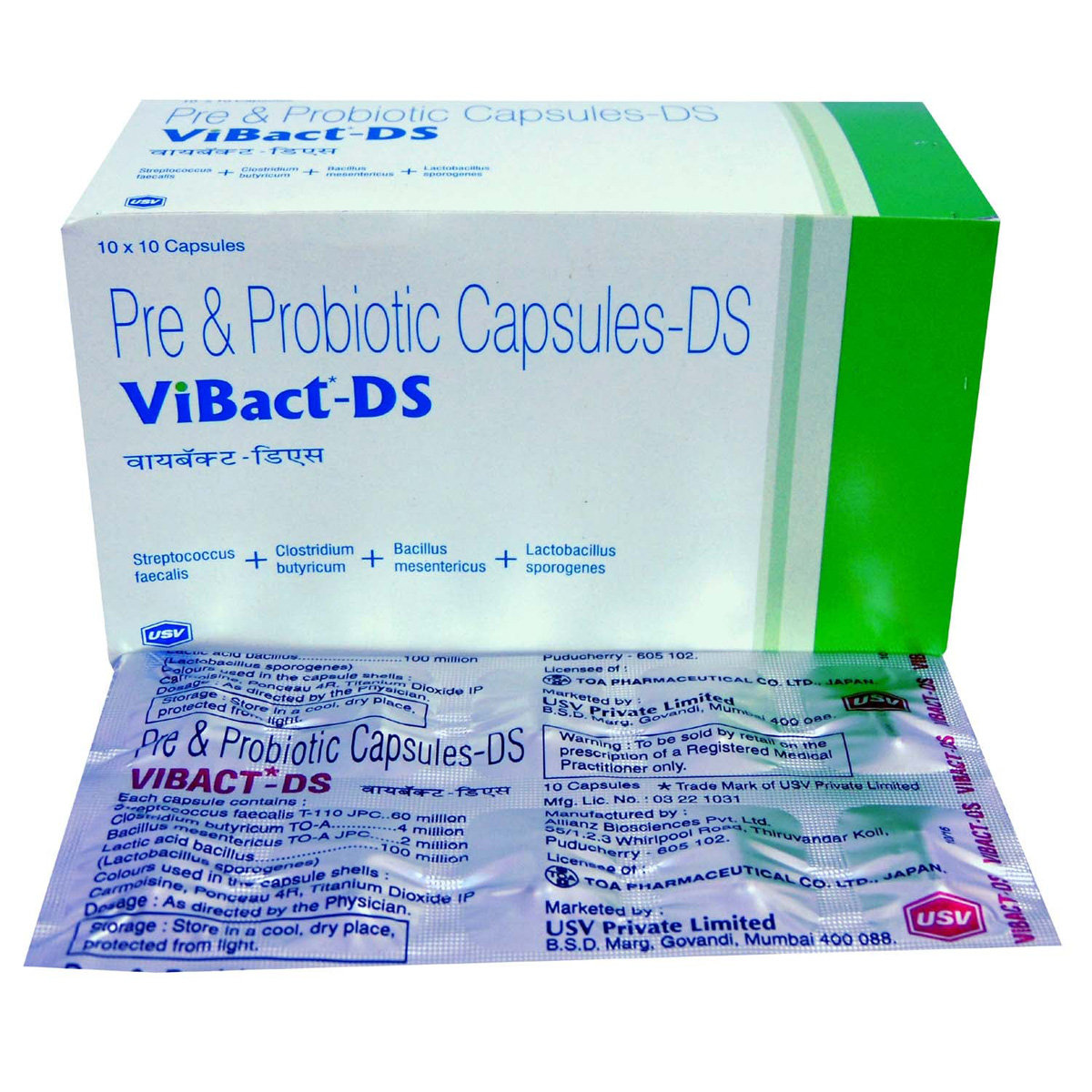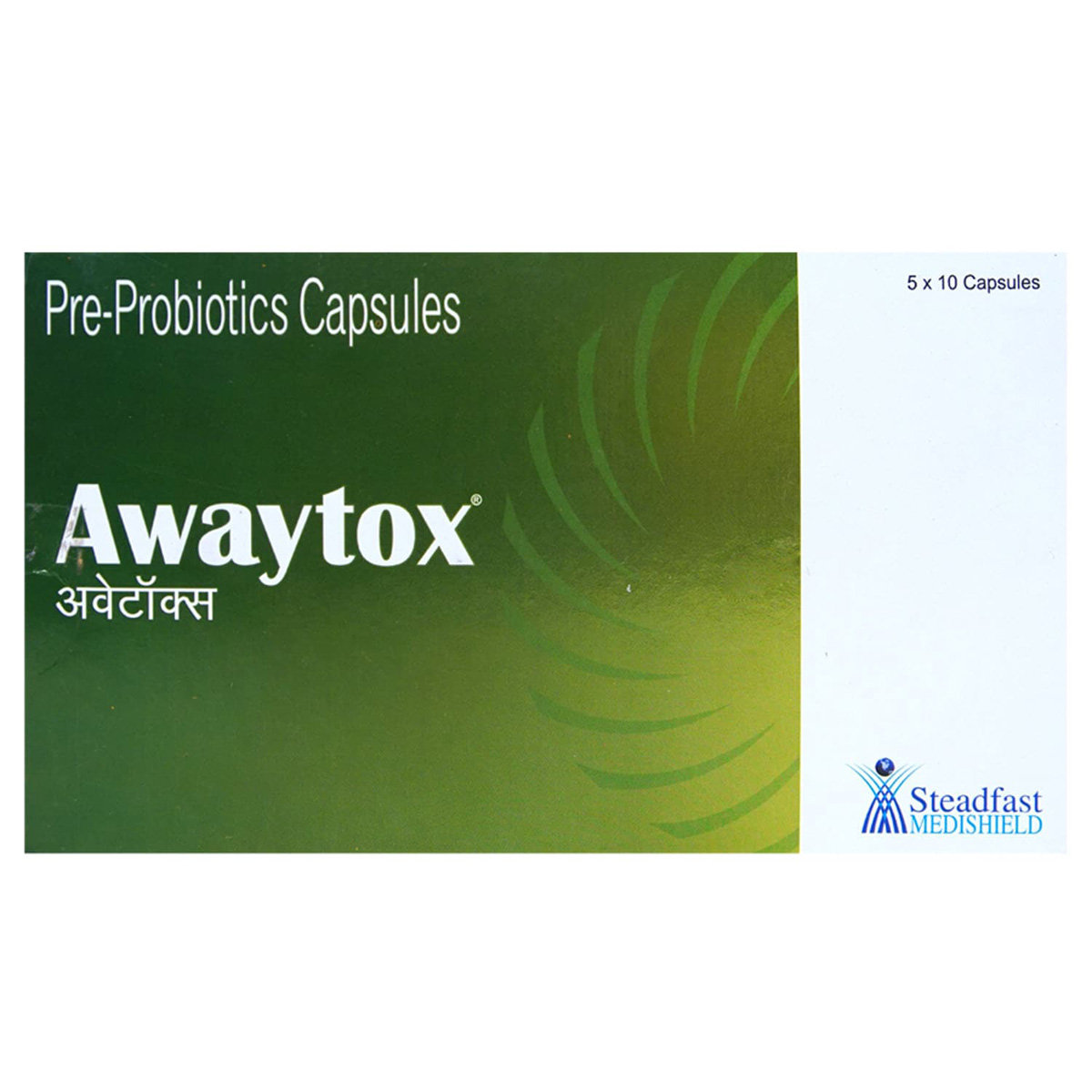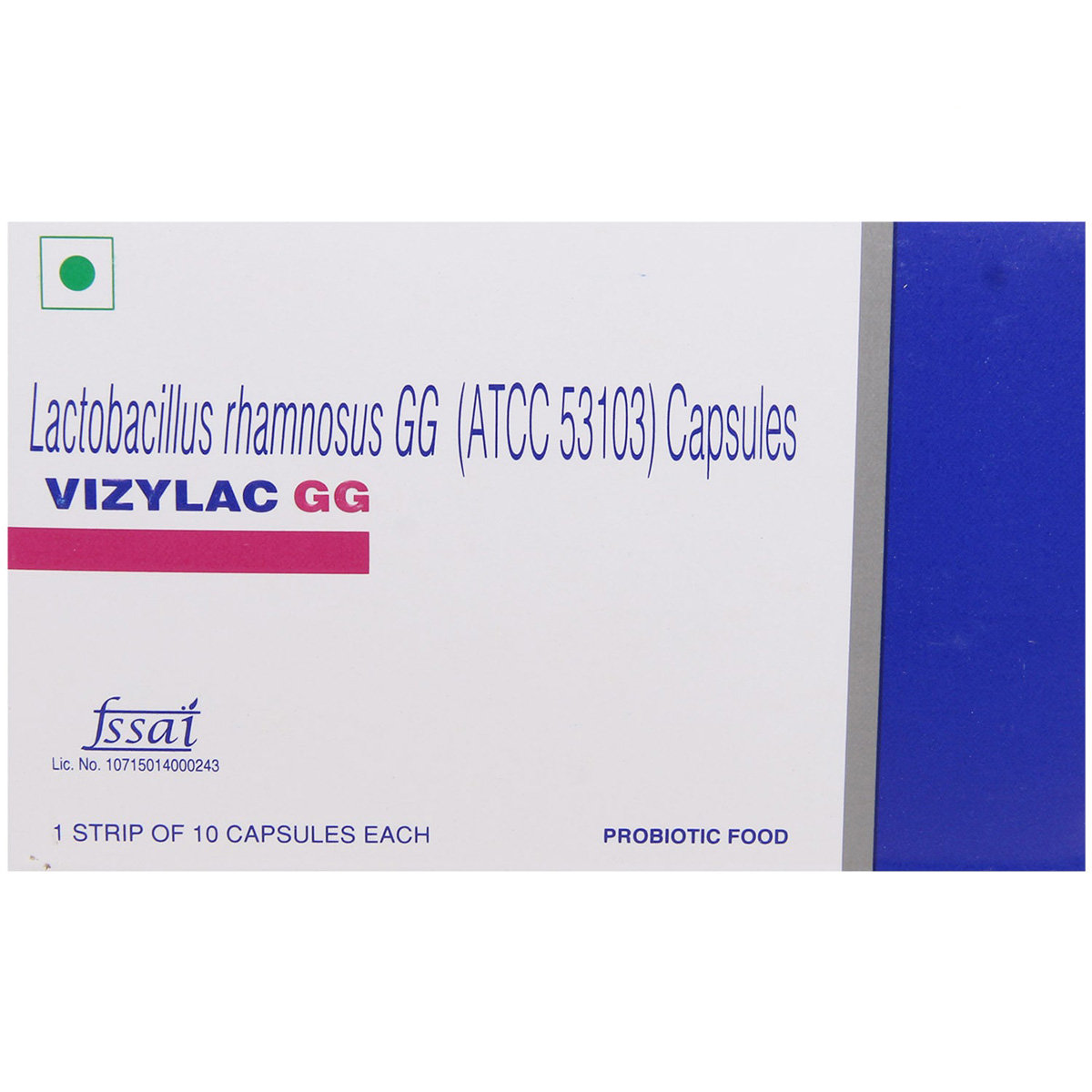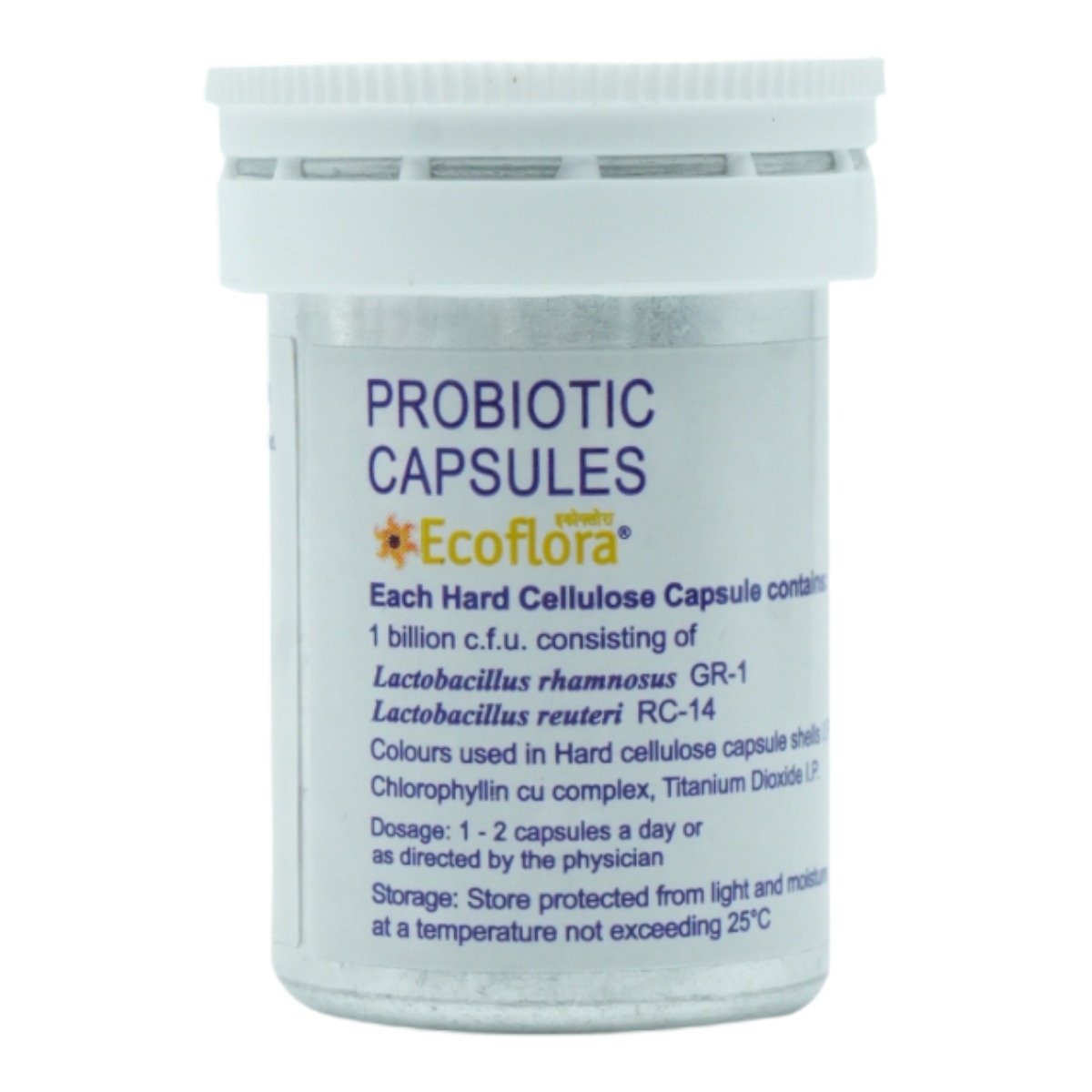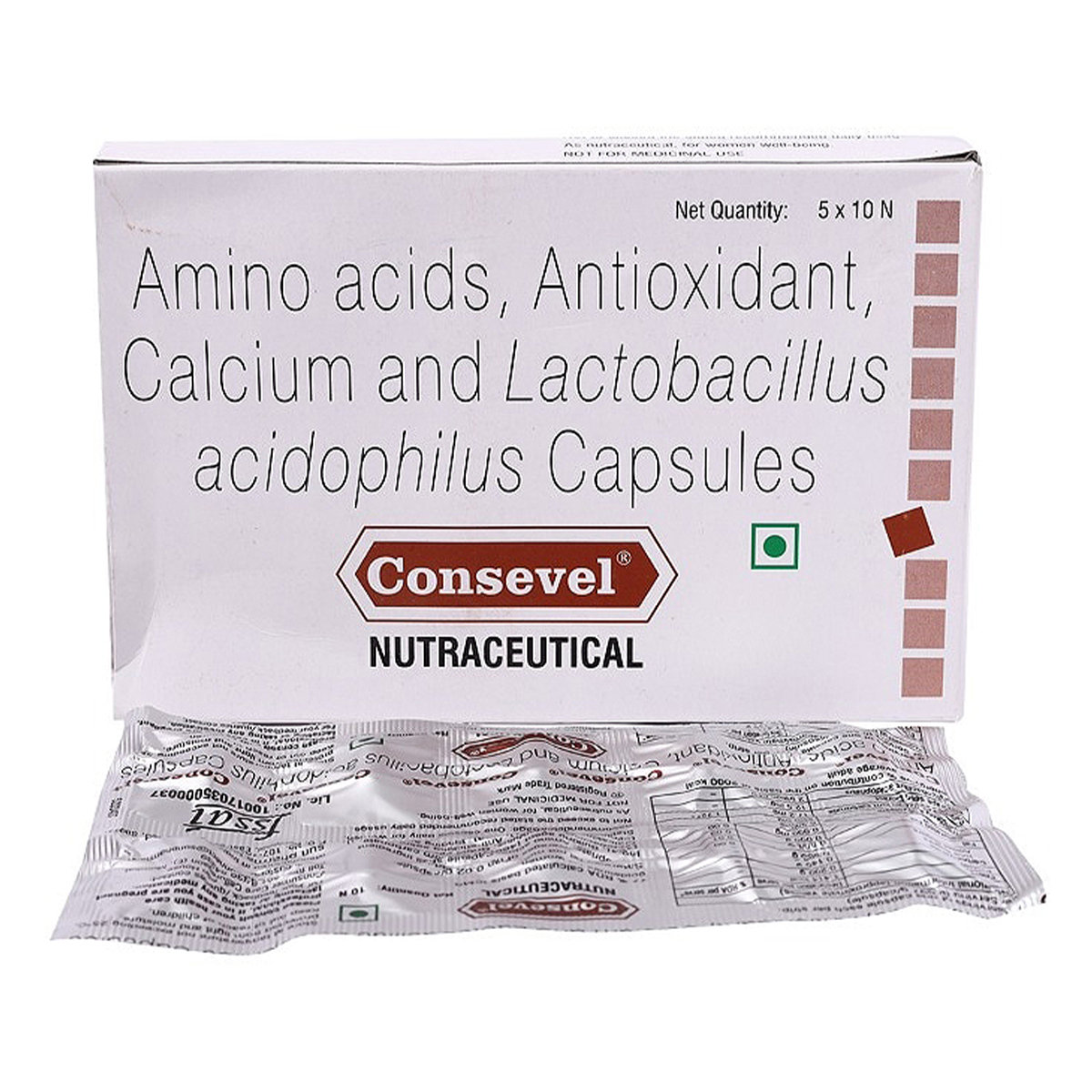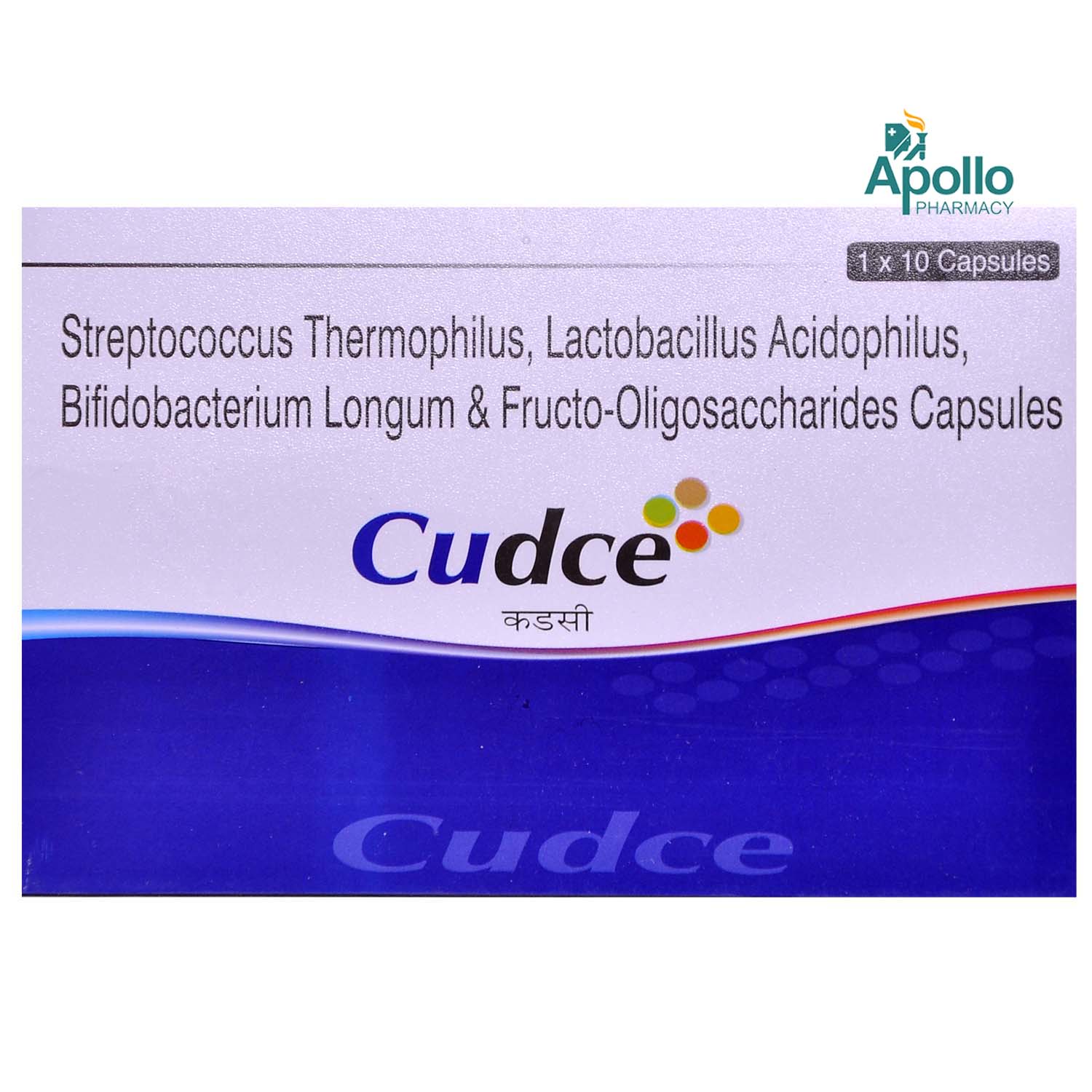Lactobacillus
About Lactobacillus
Lactobacillus belongs to the class of probiotics used in the treatment of diarrhoea. Diarrhoea is a condition characterised by loose and watery stools with a frequent need to defecate.
Lactobacillus contains Lactobacillus, a probiotic that helps to restore good bacteria in the intestines. Thereby prevents diarrhoea and loss of beneficial bacteria due to prolonged intake of antibiotics or infections in the intestine.
In some cases, you may experience bloating or intestinal gas. Most of these side effects of Lactobacillus do not require medical attention and gradually resolve over time. However, if the side effects persist or worsen, please consult your doctor.
If you are allergic to Lactobacillus or any other medicines, please tell your doctor. If you are pregnant or breastfeeding, consult a doctor before taking Lactobacillus. Lactobacillus is not recommended for children unless advised by a doctor.
Uses of Lactobacillus
Medicinal Benefits
- Lactobacillus contains Lactobacillus, a probiotic (live micro-organisms that keep the body healthy) used in the treatment of diarrhoea.
- Lactobacillus helps to restore good bacteria in the intestines.
- It prevents diarrhoea and loss of beneficial bacteria due to prolonged antibiotic intake or infections in the intestine.
Directions for Use
- Lactobacillus can be taken with or without food, preferably with milk, water, or fruit juice. It can be taken with or after meals to avoid stomach discomfort.
- Follow your doctor's instructions on the dosage and timing of this medication.
- Swallow Lactobacillus as a whole with a glass of water.
- Do not break, chew, or crush it.
Storage
Side Effects of Lactobacillus
- Bloating
- Intestinal gas
Medicines Containing this Salt
View AllDrug Warnings
- If you are allergic to Lactobacillus or any other medicines, please tell your doctor.
- If you are pregnant or breastfeeding, consult a doctor before taking Lactobacillus.
- Lactobacillus is not recommended for children unless advised by a doctor.
- Avoid alcohol consumption with Lactobacillus as it may increase the risk of adverse effects.
- If you have chills, high fever or persistent cough, inform your doctor immediately as these might be signs of an infection.
Drug Interactions
Drug-Drug Interaction: Lactobacillus may interact with antifungals (ketoconazole, clotrimazole, griseofulvin).
Drug-Food Interaction: Lactobacillus may interact with alcohol. Therefore, avoid alcohol consumption with Lactobacillus as it may increase adverse effects.
Drug-Disease Interaction: If you have diabetes, a weak immune system, digestive system or heart problems, inform your doctor before taking Lactobacillus.
Drug-Drug Interactions Checker List:
Safety Advice

Alcohol
cautionAvoid consumption of alcohol with Lactobacillus as it may increase side effects.

Pregnancy
consult your doctorPlease consult a doctor if you are pregnant or planning for pregnancy.

Breast Feeding
consult your doctorIt is unknown whether Lactobacillus is excreted in human milk. Please consult a doctor if you are breastfeeding.

Driving
safeLactobacillus usually does not affect your ability to drive or operate machinery.

Liver
consult your doctorPlease consult your doctor if you have any concerns regarding the usage of Lactobacillus in patients with liver impairment.

Kidney
consult your doctorPlease consult your doctor if you have any concerns regarding the usage of Lactobacillus in patients with kidney impairment.

Children
cautionLactobacillus is recommended for children only if advised by a doctor.
Habit Forming
Diet & Lifestyle Advise
- Include bananas, apples, toast, and rice in your diet to firm the stools.
- Stay hydrated by drinking plenty of fluids to compensate for electrolyte loss.
- Clear broths and ORS can help provide essential electrolytes.
- Avoid spicy, fried and processed foods.
- Take ample rest.
- Avoid the intake of foods that can trigger diarrhoea.
- Do not consume contaminated food or water.
Special Advise
You are advised to drink plenty of fluids to compensate for the loss of electrolytes and salts due to diarrhoea.
Patients Concern
Disease/Condition Glossary
Diarrhoea: It is a condition characterised by loose and watery stools with a frequent need to defecate. Diarrhoea might be a result of bacterial or viral infection. It can be acute (lasts for a few days) or chronic (lasts for a few weeks). Diarrhoea can lead to the loss of water along with salts, electrolytes, and minerals from the body. The common causes of diarrhoea include food intolerance, food allergy, adverse reactions to a medication, or infections. Symptoms include nausea, abdominal pain, cramps, bloating, dehydration, watery loose stools, and frequent urge to evacuate the bowels.
FAQs
Lactobacillus belongs to the class of probiotics used in the treatment of diarrhoea.
Lactobacillus works by restoring good bacteria in the intestines. This prevents diarrhoea and loss of beneficial bacteria due to prolonged antibiotic intake or infections in the intestine.
You are not recommended to take Lactobacillus with ketoconazole or other antifungals, as it may decrease the effectiveness of Lactobacillus. However, please consult a doctor before taking Lactobacillus with other medicines.
You are recommended to use Lactobacillus for as long as your doctor has advised it. However, if the condition persists for more than 2 days or worsens with blood in the stools or fever, please consult a doctor.
You are recommended to maintain a minimum time gap of 2 to 3 hours between Lactobacillus and antibiotics, as taking them together at the same time may decrease the effectiveness of Lactobacillus. However, please consult a doctor before using Lactobacillus with other medicines.
While taking Lactobacillus you are recommended to inform your doctor if you are allergic to Lactobacillus or any other medications. If you are pregnant or breastfeeding, consult your doctor before using Lactobacillus. It is not recommended for children unless suggested by a doctor. Avoid alcohol while taking Lactobacillus, as it may increase the risk of side effects. If you experience chills, high fever, or a persistent cough, contact your doctor immediately, as these could indicate an infection.
Take the Lactobacillus as advised by your doctor or pharmacist. Lactobacillus is generally recommended to be taken with or after meals to avoid stomach discomfort.
Lactobacillus causes side effects such as bloating and intestinal gas. These do not require any medical attention as they will gradually reduce over time. However, please contact a doctor if these persist over time.

